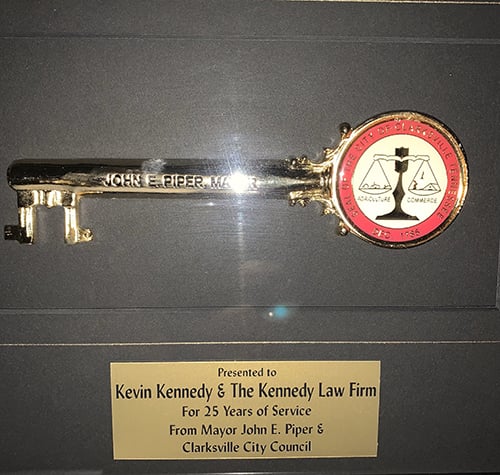Bankruptcy Exemptions in Tennessee
Understanding the ramifications of property liquidation
Most people in Clarksville associate bankruptcy with being forced to sell his or her property. However, what they do not realize is that a sizable portion of their property falls within bankruptcy exemptions, and therefore, does not need to be sold. In fact, in many cases, certain debtors can move through Chapter 7 bankruptcy without liquidating any property. While bankruptcy should not be taken lightly, the process may be much less disruptive to your life than you initially believed. That is why our attorneys at the Kennedy Law Firm, PLLC take the time to explain these exemptions to our clients in Tennessee. We want them to know what to expect and what they can do to improve their position prior to filing.
What property can you keep after Chapter 7 bankruptcy?
Each state has its own set of bankruptcy exemptions and some states even allow you to choose between those or a set of exemptions established under federal law. In Tennessee, unfortunately, Chapter 7 bankruptcy petitioners are limited to the state exemptions and are not permitted to choose the federal option. These exemptions, however, are probably more generous than you think. Tennessee’s homestead exemption allows you to retain a limited amount of equity in your home. The applicable amount varies depending on your circumstances:
|
|
Additionally, various types of personal property are also exempt from liquidation under Chapter 7 bankruptcy:
- $5,000 for a single filer
- $7,500 for joint owners
- $25,000 for an owner with at least one dependent child
- $12,500 for single owners over the age of 62
- $20,000 for married owners both over the age of 62
Additionally, various types of personal property are also exempt from liquidation under Chapter 7 bankruptcy:
|
|
- Up to $10,000 in wrongful death compensation
- Public assistance benefits
- ERISA-qualified pensions and IRAs
- HSAs and MSAs
- Public employee and teacher pensions
- Up to $10,000 in any other property
- Bibles, schoolbooks and family pictures
- Burial plots
- Clothing
- Health aids
- Up to $7,500 in personal injury compensation
- Up to $1,900 in trade tools
Call us today to learn how bankruptcy affects you
For people contemplating bankruptcy in Tennessee, misconceptions often outnumber facts. Our attorneys at the Kennedy Law Firm, PLLC take the time to ensure you understand the process and how it affects your life and property. Call today at 931-444-5620 or contact us online to set up a complimentary consultation and debt analysis with our knowledgeable and dedicated lawyers at one of our three Clarksville office locations.
We are a debt relief agency. We help people file for bankruptcy relief under the Bankruptcy Code.


